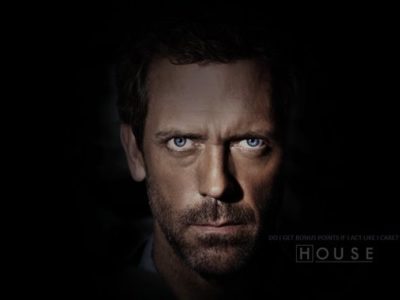Dear producers of my current favorite TV show,
I think there is a misunderstanding between us. I just finished the season finale of your show, and I was deeply bothered by your breach of the unwritten contract between us. As you know, I watch television to see a world that is different from my own. There are portals through which we can see the world we do actually live in. They are called mirrors, public places, and social media. If I wanted to see my actual life, I would have turned to any of these outlets. You should know this. You should know that when I turn on Netflix, I am expecting to see a world where nothing is broken beyond repair. Read the fine print of any standard agreement between content creator and audience member. It’s all there in black and white.
The more I think about it, the more I think I know where you went wrong. You probably heard a lot of us talking about “realism.” You probably, keeping your ear to the ground as you do, heard chatter about wanting honesty and true-to-life plotlines. But I think you forgot one of the basic rules of human nature, which is that people don’t know what they want. There should be a manifest difference between what we watch and what we live. Else what is the point?
Now, don’t get me wrong. I have nothing against injecting sadness into your show until it runs out our eyes in the form of those particular sorts of tears we reserve mainly for Christmas movies, Hallmark romances, and stories about dogs. That is perfectly acceptable. The problem becomes when you cause us to cry actual real tears–the ones that steadily wear chasms in our hearts that can scar, but not quite heal. The ones that make us feel a lingering weight of unfairness long after the credits roll. Don’t you know the difference?
Life is not fair. Fiction should be. Life is not always meaningful, not in a way that can be detected. Fiction, on the other hand, should always, always have detectable meaning. If someone dies, they must either A) come back to life in some manner, or B) bring about some greater good by their death.
Don’t you understand? We don’t like that aspect of the world. You know, where things can be broken in such a way that they are eternally unfixable. The part of life where problems sometimes can’t be solved. We like our media to be like our math tests–clear answers, always working out in the end in some way. You’re the experts. Why don’t you know this?
It’s almost like you thought, rather than providing an escape from life, entertainment was there to teach us about life. Haven’t you been alive long enough to know yet that people don’t like the world? That we are impossible creatures who want to get what we deserve only when it pleases us, who like to be sad but only just barely long enough to remind us why we like to be happy, who like to be attractive and brilliant and talented without having to work or wait too long for any of it, and who like to always be right but not always be true.
Please try to remember this in the future. To reiterate, the world is a swirling globe of tears continented with broken pieces of joy. Stories should be the other way around. Balls of meaning with sadness sprinkled here and there for dramatic effect.
If you continue to confuse the two, I may have to take my business elsewhere.
Sincerely,
~ Unsatisfied
Prompted after a particular season finale of the show House, MD, which was so sad it reminded me of sad things in my life, and got me thinking about how unreasonable we as audiences can be at times.
